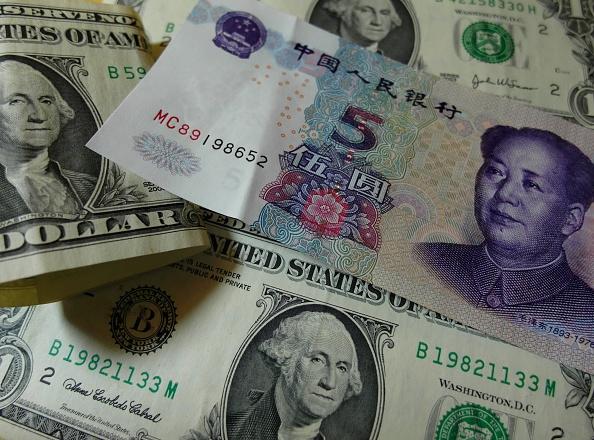Trade tensions between the United States and China have escalated in recent weeks. Last week, President Donald Trump announced tariffs valued up to $60 billion on Chinese imported goods. In response, the Chinese regime has hit back with a soft blow, announcing $3 billion in tariffs on American imported goods.
However, China is compromising because the Communist regime knows clearly it has no way to win the trade battle. Officials from both sides have begun private negotiations, while Chinese ambassador to the United States Cui Tiankai said in a recent interview with Bloomberg that China was willing to work with the United States to reduce the trade deficit.




